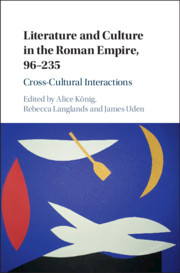This article is a response to Sebastian Prange's essay in Itinerario 41, no. 1 (2017): 151–173 wherein he presented a ‘virtually unknown manuscript’ on the Portuguese arrival in India as an Indian voice, unheard in the existing historiography. Prange had consulted the English translation of a Malayalam text by John Wye, that the former had assumed to be lost. However its original palm-leaf manuscript (ōla) is kept at the British Library. This ōla, entitled Kēraḷa Varttamānam, brings to light some remarkable omissions and a few discrepancies in Wye's translation. Closely reading different manuscripts in Malayalam, Arabic, and English I argue that this ōla is in fact a translation of a sixteenth-century Arabic text, Tuḥfat al-mujāhidīn, well known among scholars of its place and period. Taking it a step ahead, I argue that the very existence of this text points towards the cross-cultural and cross-linguistic interactions between the Arabic and Malayalam spheres of premodern Malabar. The ōla demonstrates one of the first instances of Malayalam literature's engagement with a secular and historical theme as the arrival of the Portuguese. In addition, Malayalam works such as Kēraḷōlpatti and Kēraḷa-paḻama are clear voices from Malabar on the Portuguese arrival and consequent episodes.
